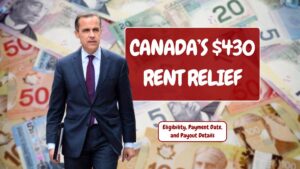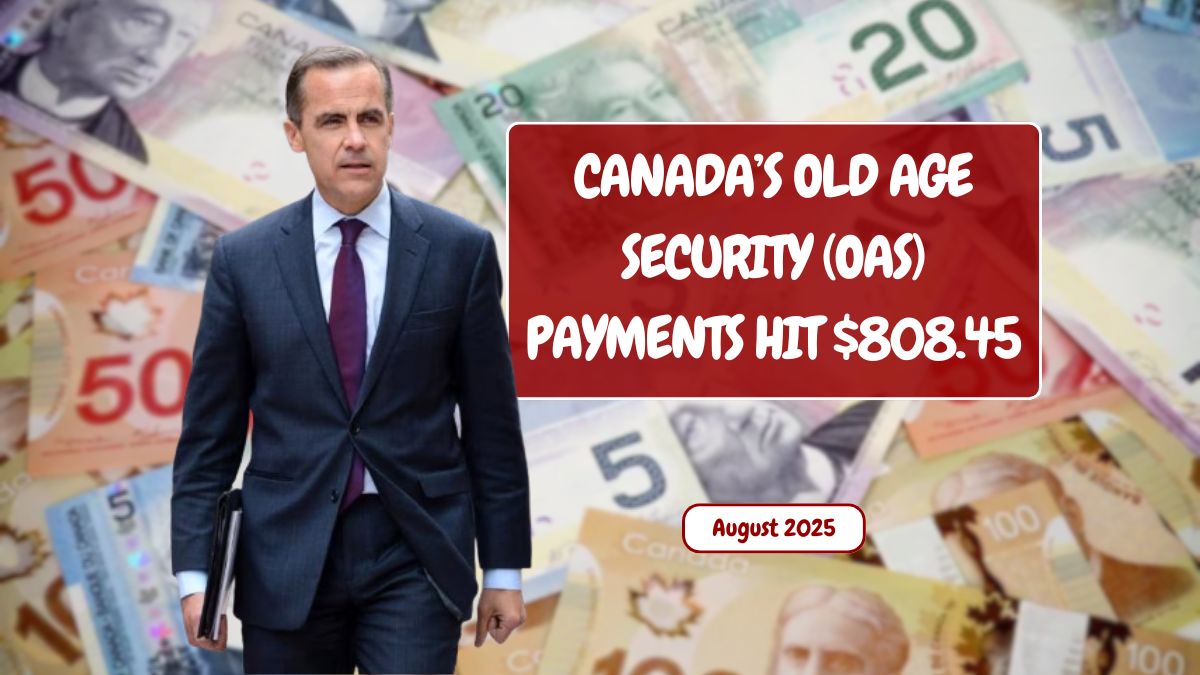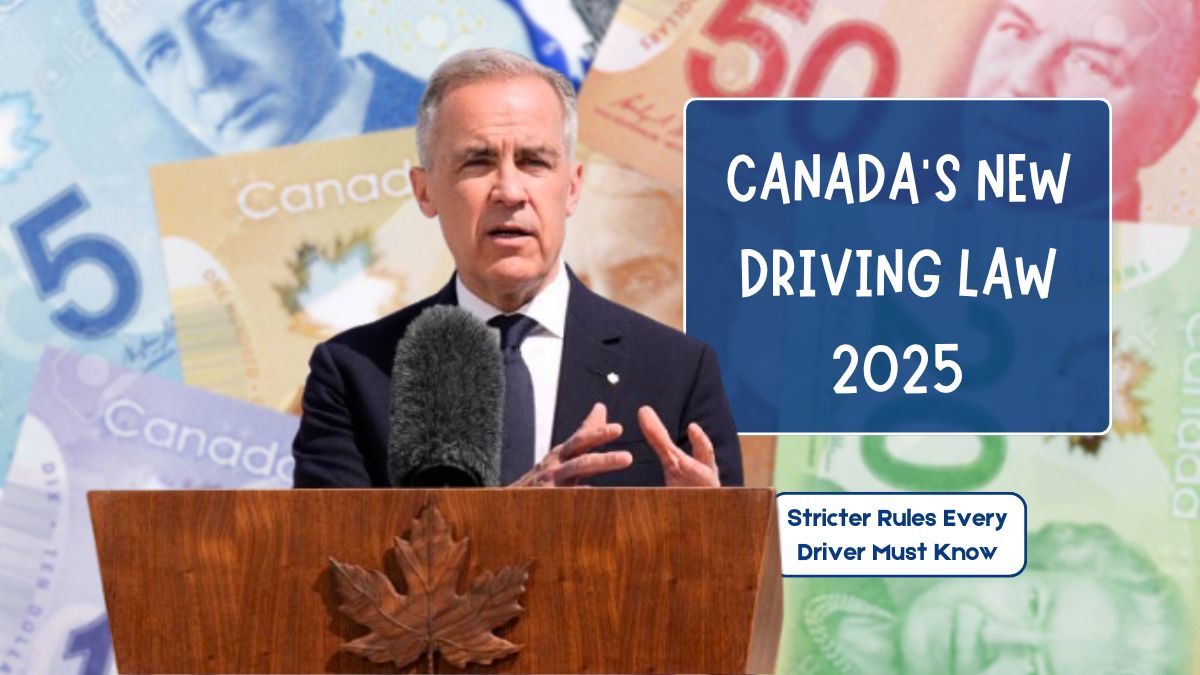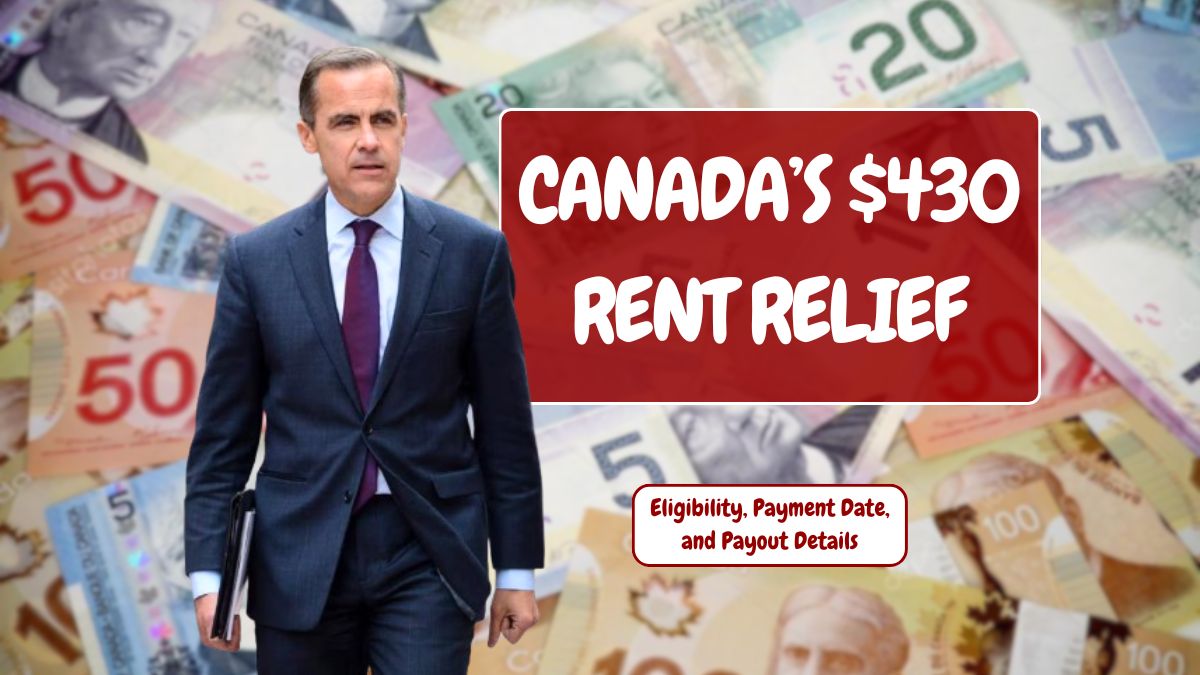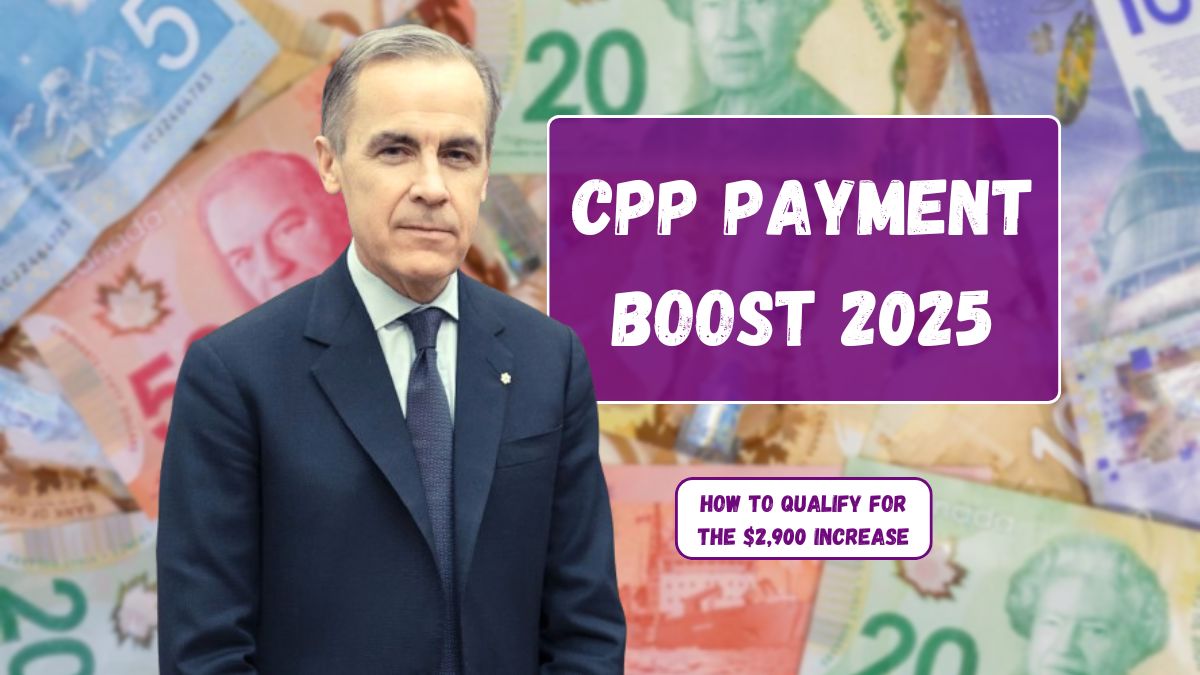Owning rental property in Canada used to be pretty straightforward. But the 2025 tax updates? Not so much. Whether you’re renting out your basement suite or managing multiple units, new CRA rules could significantly change how much tax you pay.
From reclassifying income to tightening rules on deductions and short-term rentals, there’s a lot to unpack. Let’s break it all down in plain English.
Classification
The first big thing? How your rental income is classified.
If you’re just offering a place to live with standard features—like heat, water, parking—you’re likely earning rental income, and that’s reported on Form T776.
But the moment you start adding extras—like daily cleaning, meals, or concierge services—it may get reclassified as business income. That’s reported on Form T2125, and it’s taxed differently. So if you’re running an Airbnb with amenities, you may be in business territory whether you meant to be or not.
Calendar
Here’s a simple rule to keep you on CRA’s good side: Always report rental income using the calendar year, from January 1 to December 31. Even if you just started renting in July, only report from that point onward.
And remember, report both gross income (total rent received) and net income (after deductions). Mixing these up can trigger a CRA review faster than you can say “audit.”
Shared
Renting part of your home—like a basement or spare room? That’s fine, but it comes with strings.
Charging a family member below market rent? No need to report it. Charging market rent? You’re in taxable territory.
And watch out for Capital Cost Allowance (CCA). Claiming it on part of your principal residence might disqualify you from the Principal Residence Exemption when you sell. So unless the tax savings are significant, many advisors recommend skipping CCA on your home.
Expenses
Deductions are where many landlords go wrong. Not everything qualifies. Here’s a breakdown of common deductions:
| Expense Type | Deductible? | Notes |
|---|---|---|
| Property taxes | Yes | Only for the rental portion |
| Insurance (prepaid) | Partially | Pro-rated to rental coverage |
| Repairs & maintenance | Yes | Only for maintaining, not upgrading |
| Legal & accounting fees | Yes | Rental-related only |
| Mortgage interest | Yes | Only the portion used for rental |
| Utilities (water, heat) | Yes | If paid by you |
| Travel expenses | Limited | Only for managing multiple properties |
The CRA is especially strict about repairs vs. improvements. Fixing a leaky tap? Deductible. Replacing the kitchen? Not fully deductible—it’s a capital improvement.
CCA
Capital Cost Allowance helps landlords account for property depreciation. But in 2025, the CRA won’t let you use CCA to show a rental loss. You can only bring your taxable income down to zero, not into the negative.
Here’s how different assets stack up:
| Asset Type | CCA Rate | Notes |
|---|---|---|
| Residential buildings | Up to 4% | No CCA if it creates a rental loss |
| Appliances & furniture | Up to 100% | Qualify for DEIP immediate expensing |
| Capital improvements | Varies | Must be depreciated over time |
And remember: Claiming CCA on your home can kill your future tax exemptions. Think twice.
Travel
In 2025, travel deductions are even tighter. You can only claim travel if:
- You own two or more properties, and
- The travel is strictly for maintenance or management.
Owning one unit? That trip to fix a door doesn’t count.
Short-Term
Short-term rental hosts—listen up. If your unit isn’t legally registered, you can’t claim any expenses or CCA. That’s right: 100% of your income is taxable. This affects a ton of Airbnb hosts, especially in cities with strict rules.
Want to lower your taxes? Either comply with your city or consider switching to long-term rental.
Interest
You can deduct interest on loans or mortgages used for rental purposes—but only if the money was used for the rental. Use it for something personal? The CRA will deny it.
Some fees, like mortgage applications, must be spread out over five years. Also, some landlords choose to add interest to the property’s cost base to manage capital gains later. It’s smart—but complex. Best talk to an advisor before making that move.
Ownership
Got a rental property with your spouse? If it’s co-ownership, income is split based on your actual ownership shares. But if it’s partnership (like a small rental business), you’ll need to declare that and possibly file more forms.
If your co-owner is a non-resident, expect to pay a 25% withholding tax on rent unless you file a Section 216 return. It’s paperwork-heavy but can lower your tax bill significantly.
Flipping
Bought and sold a property within 12 months? You might get taxed at the full business rate, not the 50% capital gains rate. This kills your Principal Residence Exemption, too. Unless you’ve got a solid excuse—like a job move or serious illness—be prepared to pay.
2025 isn’t the year to guess your way through taxes. The CRA is watching closely, especially for short-term rentals and misclassified income. If in doubt, consult a tax pro. A little guidance now could save you thousands later.
FAQs
Do I report income if I rent to family?
Only if rent is at market value and profit is expected.
Can I claim travel costs to one property?
No, travel costs are only allowed if you manage multiple units.
Is Airbnb income rental or business?
It depends on services offered—more services means business income.
Can I use CCA to create a loss?
No, CCA can only bring rental income down to zero, not below.
What happens if I sell within a year?
You may be taxed on the profit as business income, not capital gains.







